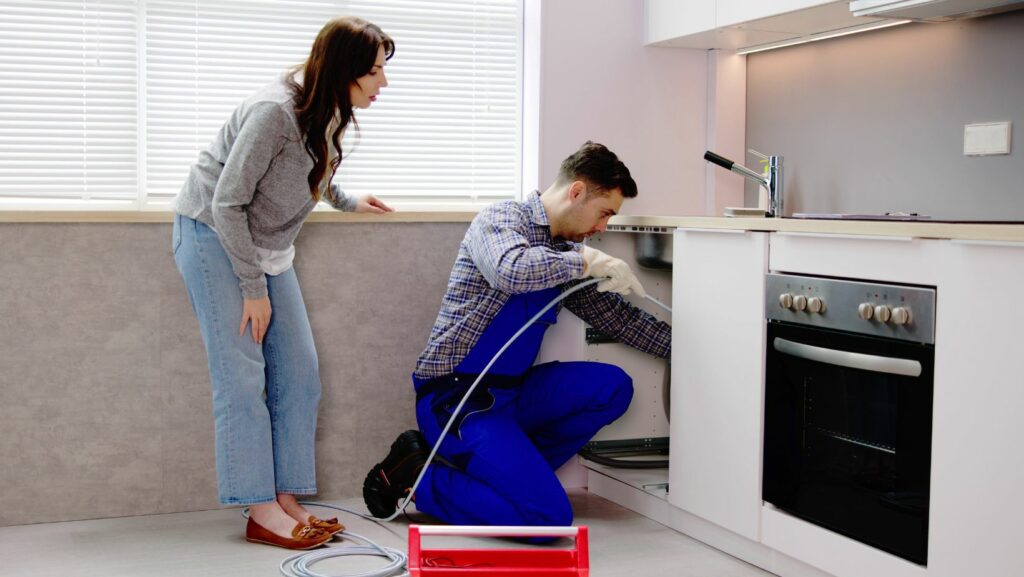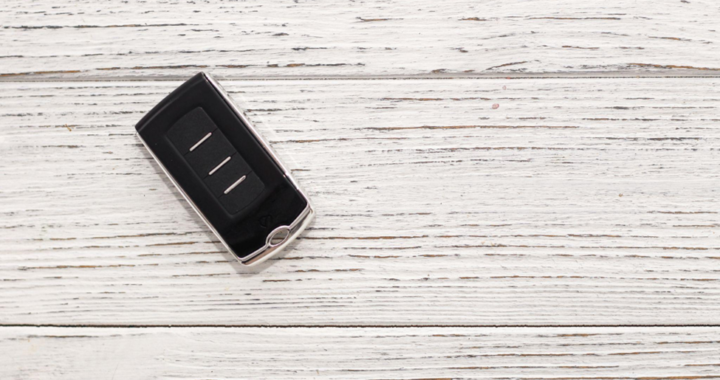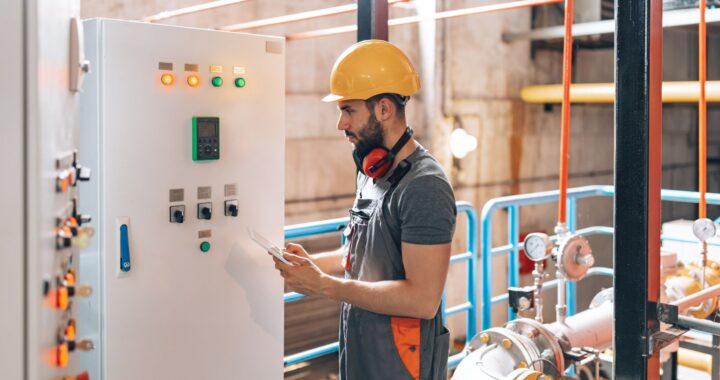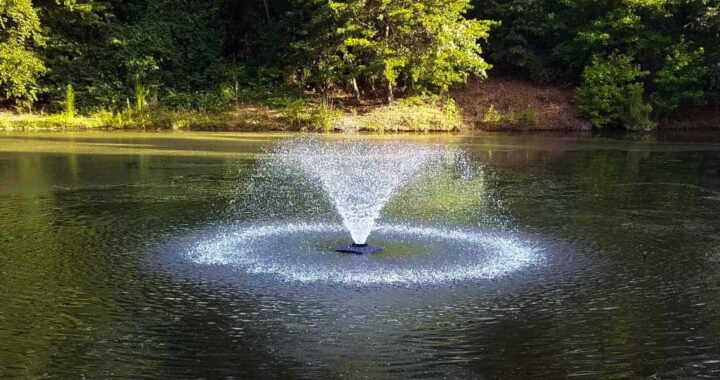DIY vs. Professional Drain Cleaning: When to Call for Help

So, your sink is draining slower than a lazy river, and you’re wondering whether to tackle the problem yourself or call in the pros. It’s a common dilemma for many homeowners: should you try DIY drain cleaning methods or hire a professional plumber? Both options have their merits, but knowing when to use each can save you time, money, and a lot of frustration. Let’s break down the ins and outs of DIY drain cleaning versus professional services, helping you make the best choice for your situation.
DIY Drain Cleaning Methods
Plungers: The trusty plunger is often the first tool many homeowners reach for. It’s effective for dislodging minor clogs in sinks, toilets, and tubs by creating a vacuum that helps push the obstruction through the pipes.
Drain Snakes: Also known as augers, drain snakes are handy for more stubborn clogs. They’re flexible, coiled tools that can reach deep into pipes to break up or retrieve blockages that a plunger might not handle.
Natural Cleaners: If you prefer a more eco-friendly approach, baking soda and vinegar can be surprisingly effective. Pouring a mix of these ingredients down your drain, followed by hot water, can help dissolve minor buildup and clear clogs naturally.
Chemical Cleaners: Chemical drain cleaners are available at most hardware stores and can quickly dissolve clogs. However, they can be harsh on your pipes and may not always be effective for severe blockages. Plus, they can be dangerous if not used properly.
Pros and Cons of DIY Drain Cleaning
Pros:
Cost-Effective: DIY methods are generally cheaper than hiring a professional plumber, making them an appealing option for minor issues.
Immediate Action: You can address problems right away without waiting for an appointment, which is perfect for those who need a quick fix.
Convenience: DIY cleaning can be done on your schedule, without the need to arrange for professional services.
Cons:
Limited Effectiveness: DIY methods may not be sufficient for severe blockages or underlying issues that require more intensive solutions. Instead, it’s best to contact professionals such as fsgroup.co.uk.
Risk of Damage: Improper use of tools or harsh chemicals can damage your pipes or fixtures, potentially leading to more costly repairs.
Safety Concerns: Handling chemical cleaners or using tools like drain snakes improperly can pose safety risks, including exposure to hazardous substances or injury.
Professional Drain Cleaning Services
What Professionals Do: Professional plumbers use specialised equipment and techniques to clean drains thoroughly.
Tools such as hydro-jetting (which uses high-pressure water to clear blockages) and camera inspections (which allow plumbers to see inside your pipes) are standard in professional services.
Benefits of Professional Services
Thorough Cleaning: Professionals can remove stubborn blockages and buildup that DIY methods might miss, ensuring a more comprehensive clean.
Expertise: With their training and experience, plumbers can diagnose and address underlying issues that might not be immediately apparent.
Advanced Tools: Access to specialised equipment allows for more effective and efficient cleaning.
Potential Drawbacks
Cost: Professional services are more expensive than DIY methods, which might be a consideration for some homeowners.
Scheduling: You’ll need to set up an appointment and wait for service, which can be inconvenient if you need immediate attention.
When to Opt for DIY Drain Cleaning
Minor Clogs: DIY methods are ideal for minor blockages, such as hair clogs in a bathroom sink or small obstructions in a kitchen sink. Simple tools like plungers and drain snakes can often resolve these issues effectively.
What is a Plumbing Emergency?
Are you torn between whether your plumbing issue is a minor problem and one that can wait or an emergency that must be dealt with straight away? There are some situations where you know you need the professionals. Think about water going everywhere and you don’t know how to stop it. But, there are other situations where you’re on the fence about whether you should wait or not. The key is knowing the difference and making sure you get an emergency dealt with as soon as possible. This is going to protect your property. Let’s take a closer look at what a plumbing emergency can look like.
Water Does Not Drain
You’ve got a blocked drain and have noticed that the water is no longer draining away. It keeps on filling up the toilet, sink or shower.
If the water doesn’t disappear at all, this is considered a plumbing emergency. After all, you’ll eventually have water overflowing into your home, and you won’t be able to use that space. So, you need to call in the professionals. They can work out what’s causing the blockage and flush it out, allowing water to drain away again.
Water Backing Up
The problem might be so serious that the water is backing up. Indeed, this can mean that your house is going to experience floods and this can lead to mould and mildew growth. You must act fast to stop water from backing up and causing a lot of damage. Calling the professionals and their emergency drainage services is the only way to do this. After all, nobody wants a toilet backing up.
A Very Bad Odour
Nobody wants their home to smell bad. But, if you notice an overwhelmingly bad odour coming from your drains, this is something you need to address. Pouring down bleach or another cleaning agent is only going to mask the smell and cause damage. Bring in the experts from the beginning to stop matters getting worse.
Conclusion
Deciding between DIY and professional drain cleaning depends on the severity of the problem and your comfort level with handling plumbing issues. For minor clogs and routine maintenance, DIY methods can be effective and cost-efficient. However, for persistent or severe problems, professional services offer thorough solutions and expert care. By understanding the strengths and limitations of each approach, you can make informed decisions and keep your drains in top shape.



 Troubleshooting a Garage Door Opener That Won’t Respond
Troubleshooting a Garage Door Opener That Won’t Respond  The Future of Energy: Innovations and Trends Shaping the Industry
The Future of Energy: Innovations and Trends Shaping the Industry  Seven Key Factors to Consider When Choosing a Floating Pond Fountain
Seven Key Factors to Consider When Choosing a Floating Pond Fountain